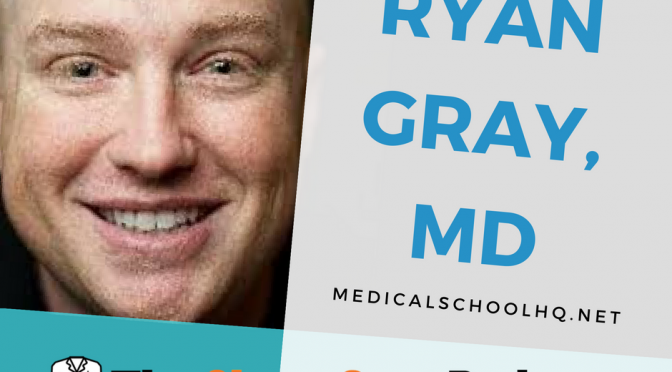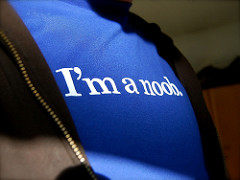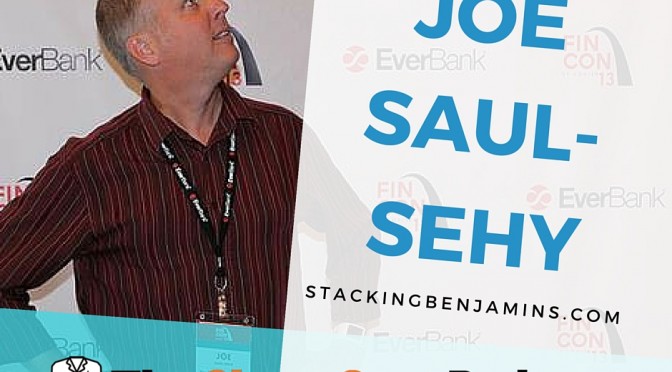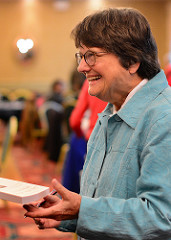Podcast: Play in new window | Download (Duration: 44:53 — 61.7MB)
Subscribe: Spotify | RSS | More
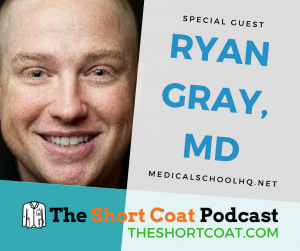 Ryan Gray, MD, was a physician in the Air Force. He’d planned all along to be an orthopaedic surgeon…but the military had other plans for him: aerospace medicine. Later, when a diagnosis of multiple sclerosis forced him to give up flying, his career plans changed once again, and he decided to set aside the practice of medicine to focus his growing business as the proprietor of MedicalSchoolHQ.net where he advises pre-medical students on their efforts to get into medical school. He’s also a podcaster in that vein, as the host of The Premed Years podcast, the OldPreMeds Podcast, and The MCAT Podcast. As Dave, Nicole Morrow, Amy Hansen, Alex Volkmar, and Tony Rosenberg found, not only is Dr. Gray a thoughtful adviser, but he’s a lot of fun to talk to. His thoughts on being a non-traditional medical student (he was one himself), the efforts of some schools to create competency- and systems-based curricula instead of exam-based curricula, and the types of students admissions committees are most interested in are definitely worth knowing. And check out Dr. Gray’s new book, The Premed Playbook: Guide to the Medical School Interview. Continue reading The Doctor Is In: Ryan Gray Lifts Up the Next Generation of Medical Students
Ryan Gray, MD, was a physician in the Air Force. He’d planned all along to be an orthopaedic surgeon…but the military had other plans for him: aerospace medicine. Later, when a diagnosis of multiple sclerosis forced him to give up flying, his career plans changed once again, and he decided to set aside the practice of medicine to focus his growing business as the proprietor of MedicalSchoolHQ.net where he advises pre-medical students on their efforts to get into medical school. He’s also a podcaster in that vein, as the host of The Premed Years podcast, the OldPreMeds Podcast, and The MCAT Podcast. As Dave, Nicole Morrow, Amy Hansen, Alex Volkmar, and Tony Rosenberg found, not only is Dr. Gray a thoughtful adviser, but he’s a lot of fun to talk to. His thoughts on being a non-traditional medical student (he was one himself), the efforts of some schools to create competency- and systems-based curricula instead of exam-based curricula, and the types of students admissions committees are most interested in are definitely worth knowing. And check out Dr. Gray’s new book, The Premed Playbook: Guide to the Medical School Interview. Continue reading The Doctor Is In: Ryan Gray Lifts Up the Next Generation of Medical Students

